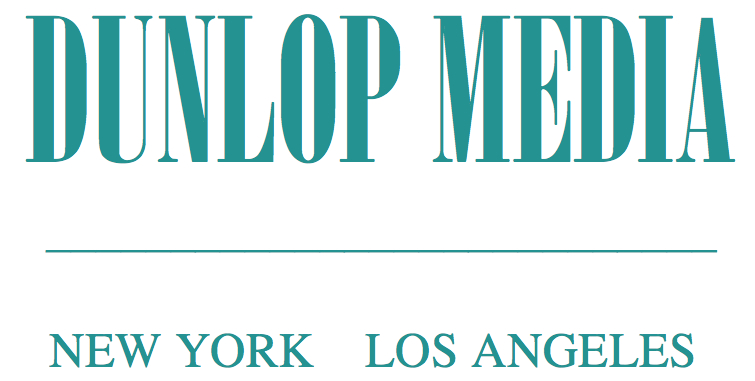Learn about net neutrality - the outcome of the current debate will impact us all. Image created by Hugh D'Andrade at EFF.
Just what does "net neutrality" mean and why should you care? If you've been following this important debate at the margins, it's time to get educated. How this tussle between telecommunications and tech industries winds up will impact how all of us live our lives and run our homes and businesses.
"There is a really simple way of thinking of the debate over net neutrality," writes tech blogger Neil Irwin. Is access to the Internet more like access to electricity, or more like cable television service?" Courtesy The New York Times.




















